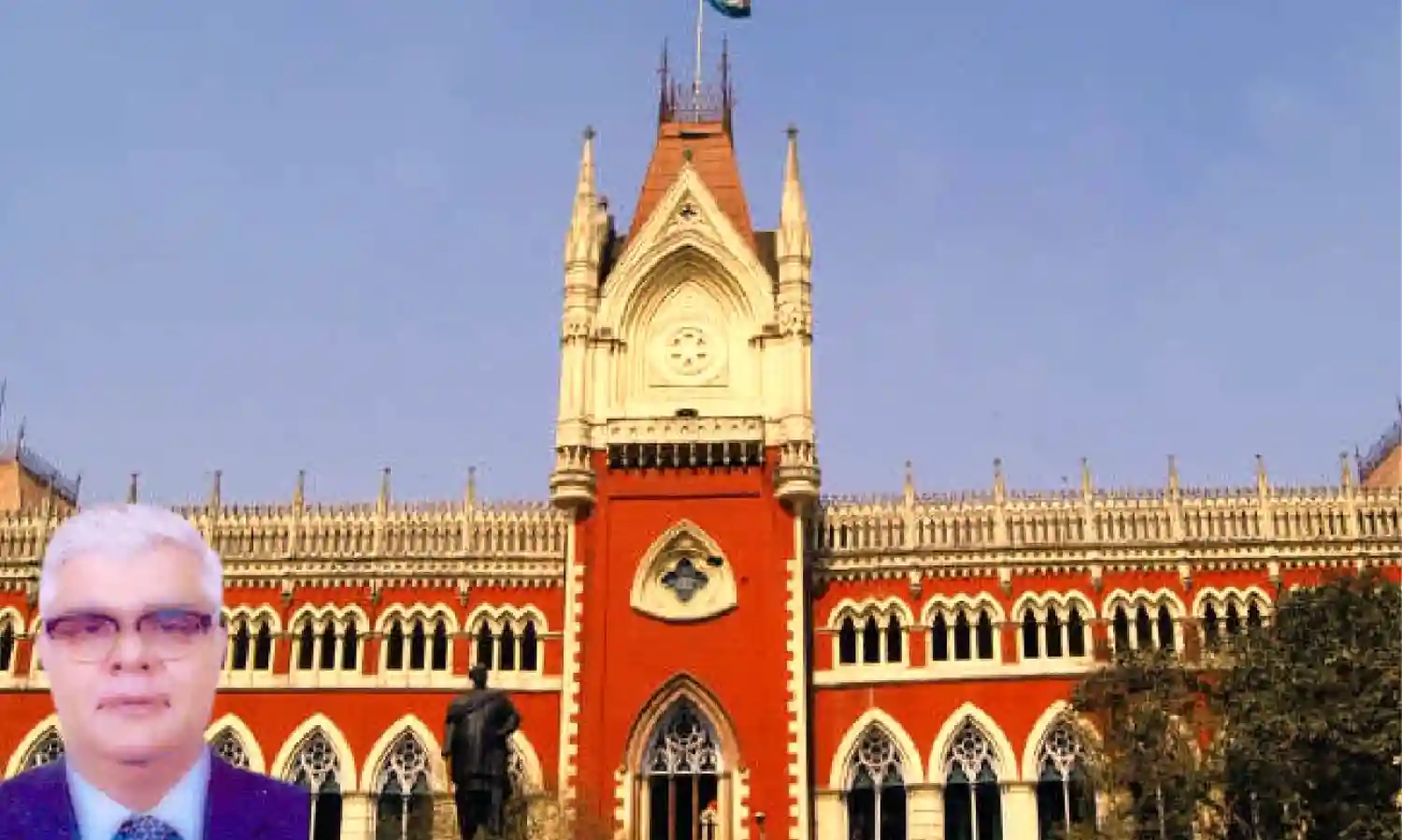Order Of Acquittal Does Not Automatically Conclude Departmental Proceeding: Calcutta HC Observes

The Calcutta High Court recently ruled that merely because an accused has been acquitted, the power of the concerned authority to continue with the departmental inquiry is not taken away nor is its discretion in any way fettered.
Observing that the nature and scope of a criminal proceeding are different from that of a departmental disciplinary proceeding, the Bench of Justice Ravi Krishan Kapur held that "an order of acquittal does not automatically conclude the departmental proceeding".
Advocate Mahadeb Sarkar appeared for the Petitioner and Advocate D. K. Kundu appeared for the Respondent.
In a brief background, the Petitioner was serving as an Assistant with the Life Insurance Corporation Limited (sixth Respondent) when a criminal case was instituted against him under sections 420/120B/467/468/471 of the Indian Penal Code, 1860 for, having forged documents submitted to the British Consulate in order to obtain visas for himself and his family members.
Accordingly, Petitioner was suspended and penalized by a reduction in basic pay as per Regulation 39(1)(d) of the LICI (Staff) Regulations 1960. The Petitioner responded that he was acquitted by the Court of the Metropolitan Magistrate, and therefore, his suspension period ought to be treated as a period on duty and consequential benefits be restored. The Respondent however informed the Petitioner that the order of acquittal having been passed on technical grounds, the Petitioner’s case fell within the ambit of Regulation 38(b) of the LICI (Staff) Regulations 1960. Accordingly, the back wages which had been paid for the period of suspension were directed to be refunded with immediate effect. Hence, the present petition.
After considering the submissions, the High Court found from the records that the Petitioner was charged with a serious offence of forging documents for the purpose of obtaining visas and the seizure list including the printed statement of the Petitioner’s salary slip reflects a figure far beyond the scale of pay applicable to the Petitioner.
The seizure list also showed that the records of Provident Fund Authorities had been tampered with and the signatures of senior officials of the sixth respondent was forged on several documents relating to the visa applications, added the Court.
The Bench further noted that the Petitioner had also fraudulently mentioned a higher designation in the letterhead which demonstrated the unauthorized use of the company logo of the sixth respondent.
Going further, in the criminal case before the Metropolitan Magistrate, the Petitioner was acquitted for lack of material evidence and crucial witnesses not being examined, found the Bench.
The High Court observed that the order of acquittal may be taken into account but it will not have the overwhelming effect of eclipsing the charges in the disciplinary proceeding.
Therefore, finding that the Petitioner had not been exonerated on merits and the case was conducted in a perfunctory manner, the High Court concluded that the acquittal cannot be said to be an honorable acquittal and hence confirmed the invocation of Rule 38(b) of the LICI (staff) Regulation Act 1960 and directed that the Petitioner cannot claim back wages for the period of suspension and the basic pay withheld as penalty.
Cause Title: Pradip Kumar Biswas v. Union of India & Ors
Click here to read/download the Judgment

